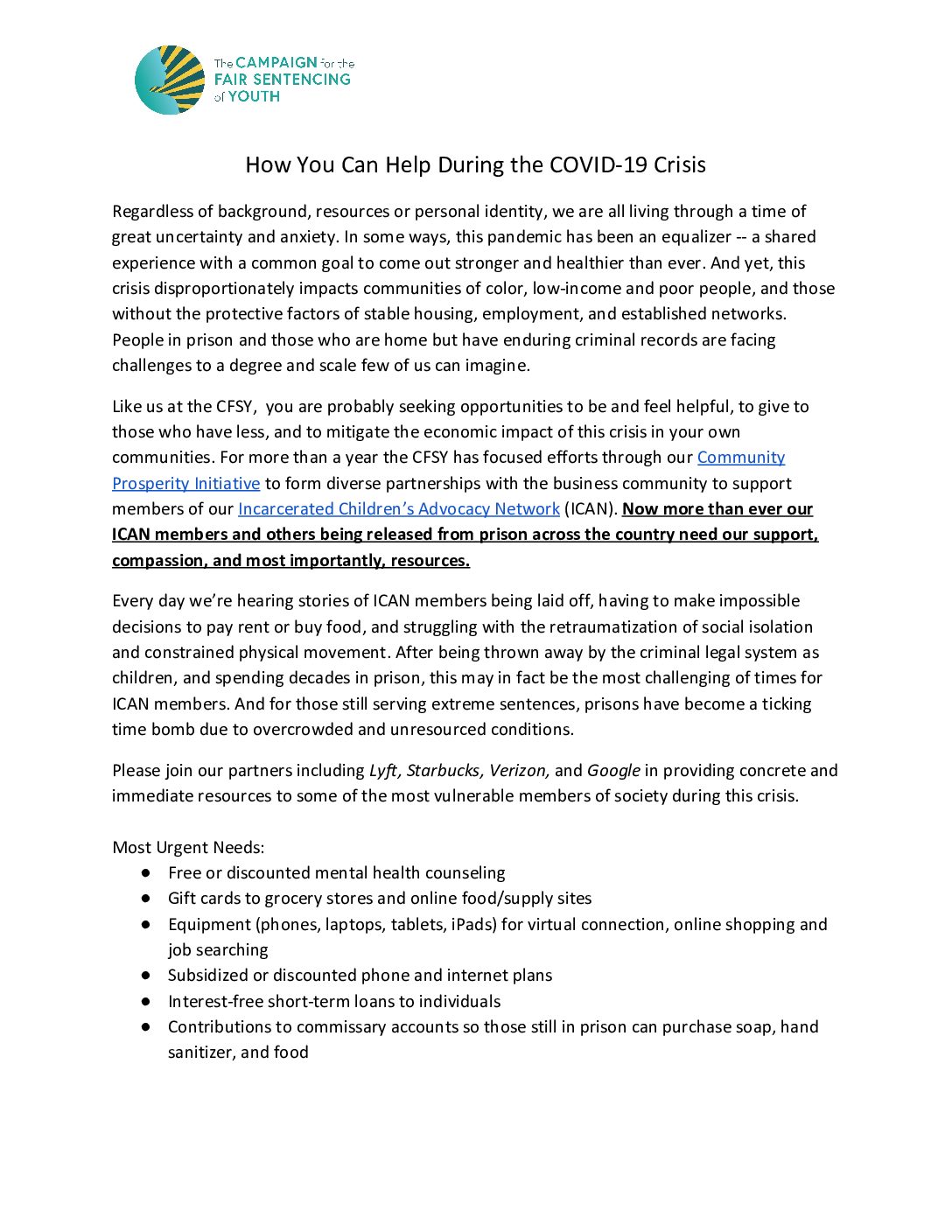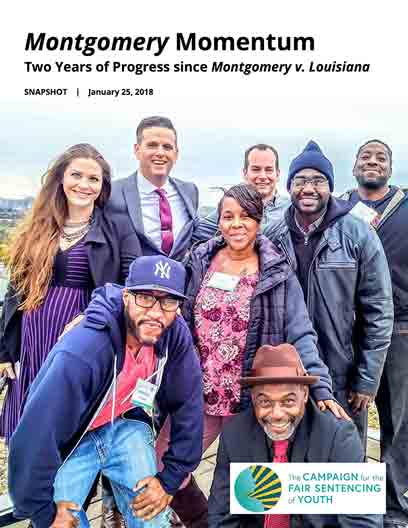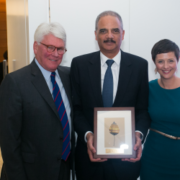How You Can Help During the COVID-19 Crisis
How You Can Help During the COVID-19 Crisis
Regardless of background, resources or personal identity, we are all living through a time of great uncertainty and anxiety. In some ways, this pandemic has been called an equalizer — a shared experience with a common goal to come out stronger and healthier than ever. And yet, this crisis disproportionately impacts communities of color, low-income and poor people, and those without the protective factors of stable housing, employment, and established networks. People in prison and those who are home but have enduring criminal records are facing challenges to a degree and scale few of us can imagine.
Like us at the CFSY, you are probably seeking opportunities to be and feel helpful, to give to those who have less, and to mitigate the economic impact of this crisis in your own communities. For more than a year the CFSY has focused efforts through our Community Prosperity Initiative to form diverse partnerships with the business community to support members of our Incarcerated Children’s Advocacy Network (ICAN). Now more than ever our ICAN members and others being released from prison across the country need our support, compassion, and most importantly, resources.
Every day we’re hearing stories of ICAN members being laid off, having to make impossible decisions to pay rent or buy food, and struggling with the retraumatization of social isolation and constrained physical movement. After being thrown away by the criminal legal system as children, and spending decades in prison, this may in fact be the most challenging of times for ICAN members. And for those still serving extreme sentences, prisons have become a ticking time bomb due to overcrowded and unresourced conditions.
Please join our partners including Lyft, Starbucks, Verizon, and Google in providing concrete and immediate resources to some of the most vulnerable members of society during this crisis.
Most Urgent Needs:
- Free or discounted mental health counseling
- Gift cards to grocery stores and online food/supply sites
- Equipment (phones, laptops, tablets, iPads) for virtual connection, online shopping and job searching
- Subsidized or discounted phone and internet plans
- Interest-free short-term loans to individuals
- Contributions to commissary accounts so those still in prison can purchase soap, hand sanitizer, and food
For more information, and to support our ICAN members during this critical time, please email Anna Melbin at amelbin@cfsy.org.
And please, however you choose to help and get involved, keep top of mind those who are most marginalized and therefore disproportionately impacted during and after this pandemic. Help ensure equitable responses by prioritizing people of color, and others who have been systematically barred from the social and economic resources needed to weather this storm.
From all of us at the CFSY to you, your families and communities, we wish you health and safety. And we thank you for your support.













